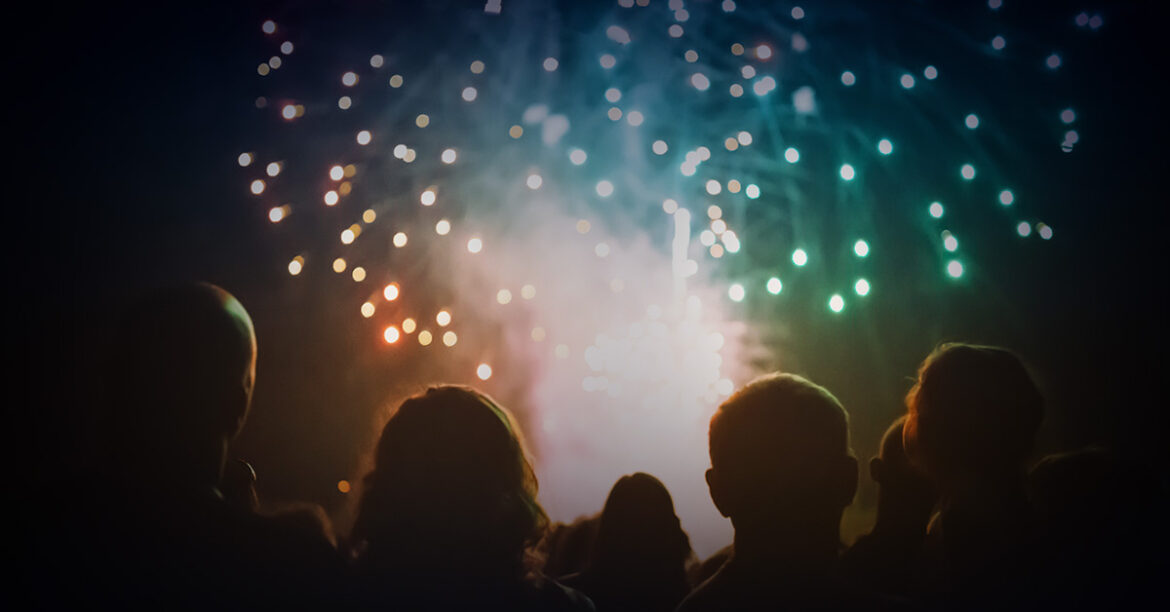
Section 791.08, Florida Statutes, took effect on April 8, 2020 and has several implications for Florida homeowners’ associations. The statute provides that fireworks may be lawfully used on certain “designated holidays” which are defined as New Year’s Eve (December 31st), New Year’s Day (January 1st), and Independence Day (July 4th). Igniting fireworks any other day of the year is considered illegal if done without a permit and is punishable as a first-degree misdemeanor. “Fireworks” under the statute are generally defined as a combustible or explosive compound prepared to propel into the air and produce a visual or audible effect by combustion, explosion, or detonation (e.g., firecrackers, skyrockets, roman candles) and expressly do not include sparklers. See Section 791.01(4), Florida Statutes.
The statute specifically prohibits a homeowners’ association board from adopting rules that attempt to do away with a member’s right to use fireworks on these designated holidays or under general law and goes on to provide that its intention is not to supersede: (1) any local regulations related to the use of fireworks; or (2) properly recorded declaration of covenants for homeowners’ associations subject to Chapter 720, Florida Statutes (the “Florida Homeowners’ Association Act”). Chapter 791, Florida Statutes, charges local enforcement agencies with the responsibility for enforcement of the prohibition against the use of fireworks by the public outside of this limited exemption for designated holidays.
A nuisance can generally be defined as a substantial, unreasonable, recurrent interference with another’s quiet possession or enjoyment of their private property or the association property. Fireworks, as defined under statute and by their very nature, may directly and indirectly rise to the level of a nuisance in violation of a homeowners’ association’s governing documents in which there is a general “nuisance” provision. For example, the fireworks if used on a recurrent basis themselves may unreasonably interfere with others by way of their primary visual, audible, and combustion effects, which then may also trigger many dogs in the community to bark incessantly, for example. However, the adoption of this statute arguably supports the position that it is not unreasonable (or a nuisance) to ignite fireworks on these designated holidays, even given anticipated secondary effects from the fireworks, absent a specific prohibition in the declaration of covenants or absent applicable local regulations in place that prohibit or restrict the use or explosion of fireworks.
In the case of the latter, there may be an opportunity to enforce the local regulations against residents using fireworks by way of local law enforcement, and also by way of enforcement remedies under the association’s declaration of covenants if there is an “unlawful use” provision therein. For example, many declarations provide something to the effect of “[n]o improper, hazardous or unlawful use shall be made of the association property, any home, or any lot.” A violation of the local fireworks regulations, which for example may prohibit the use of fireworks by the public regardless of it being a designated holiday, would then create a parallel violation of the declaration with an “unlawful use” provision. However, in light of this recent statute, it is recommended that homeowners’ associations with concerns about fireworks amend their declaration of covenants to specifically prohibit or restrict the use of fireworks in their communities, especially where local government fireworks regulations are not already in place.


